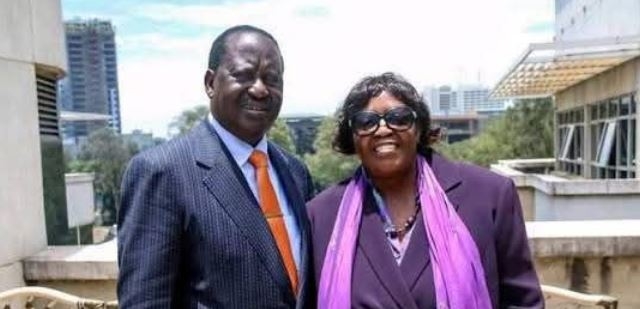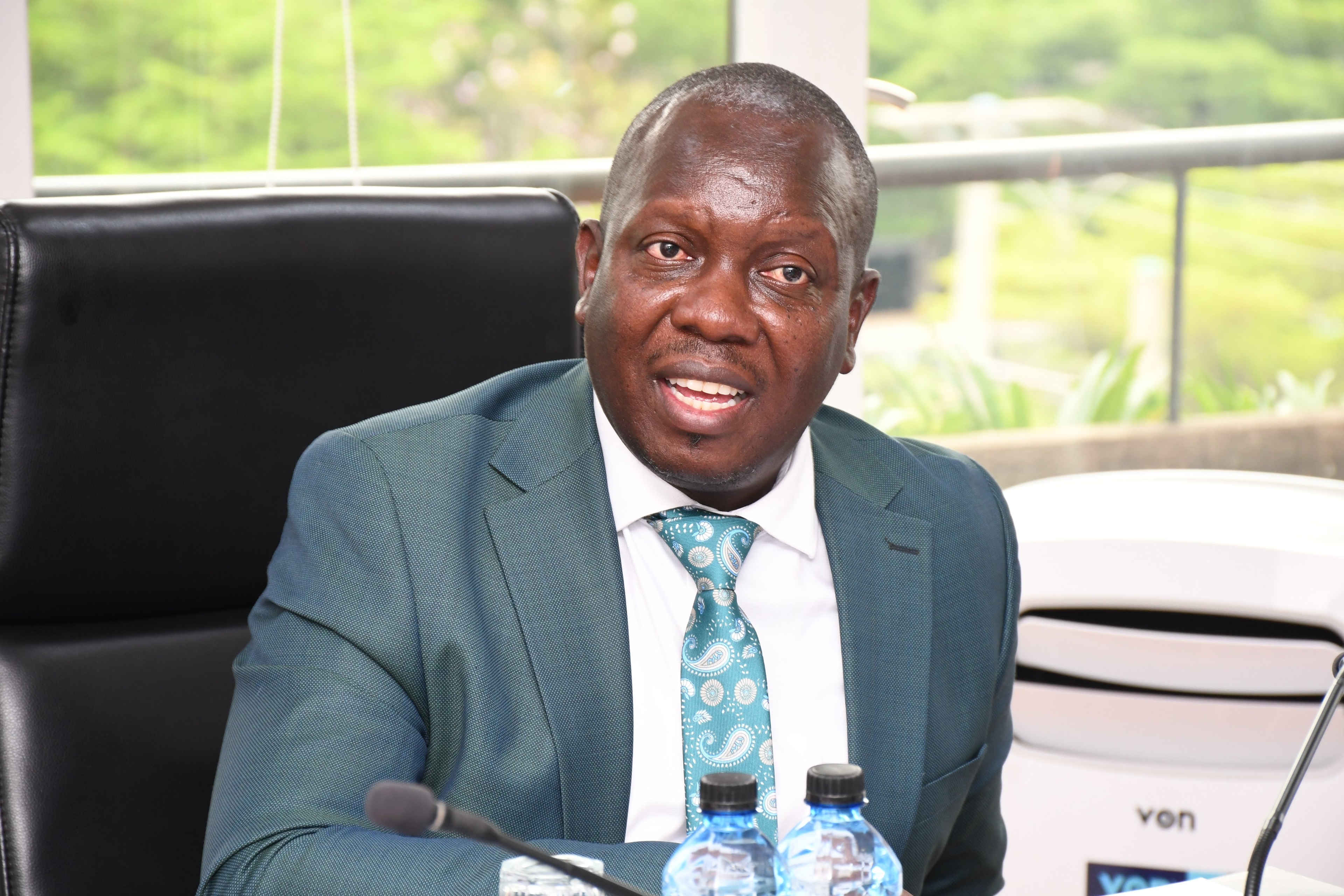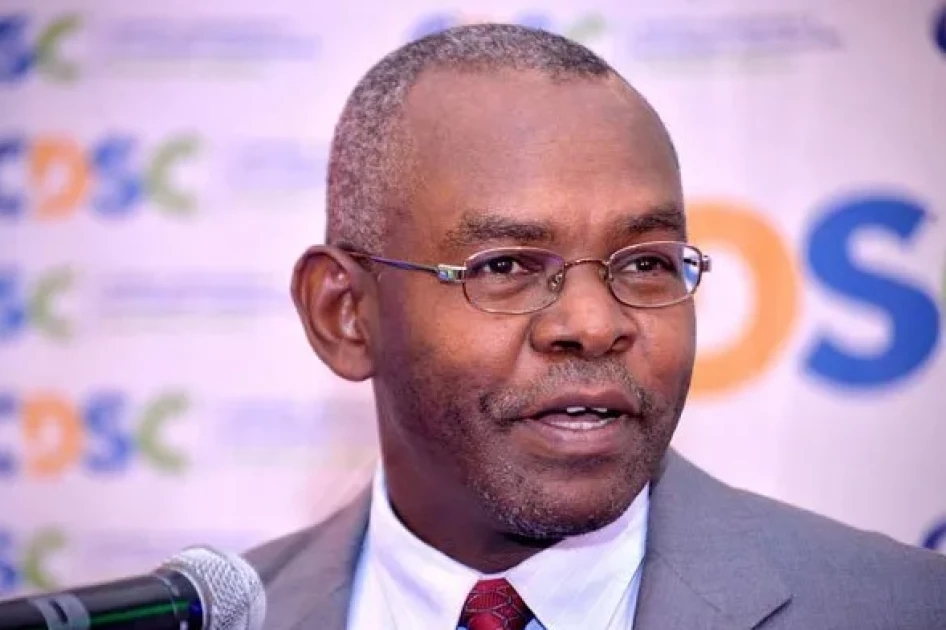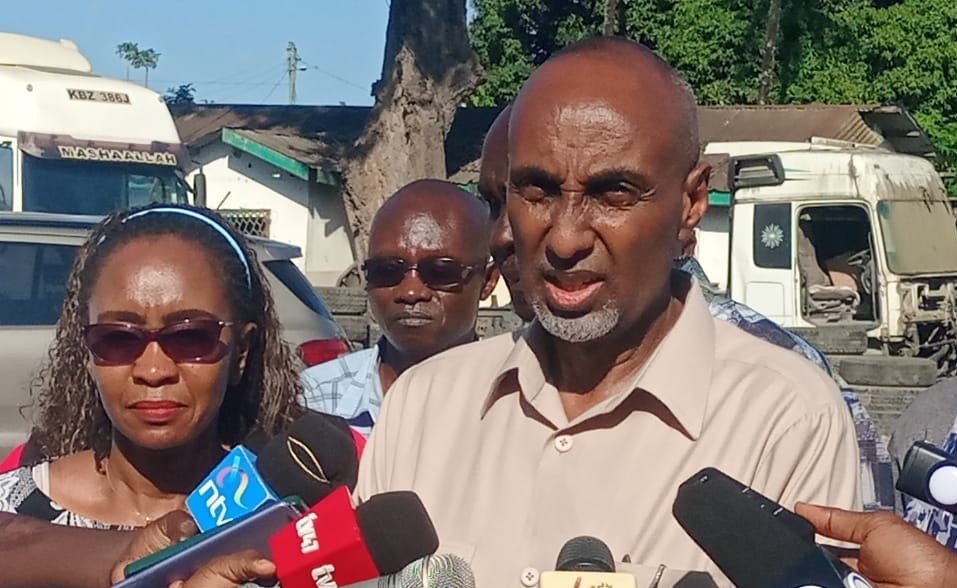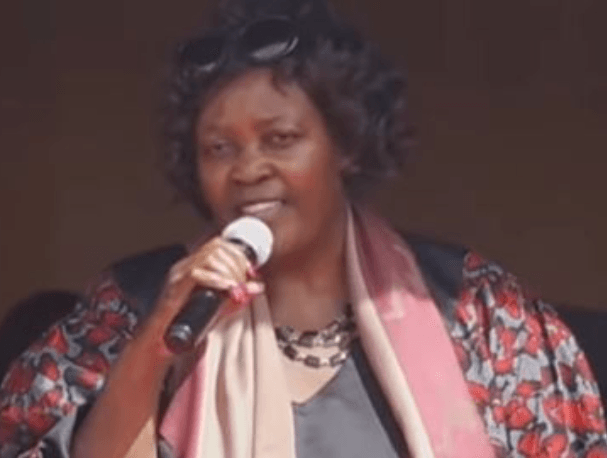Chief Justice Martha Koome has urged the 20 newly appointed High Court judges to prioritise individual responsibility in managing their courtrooms and caseloads.
Koome addressed the judges during an induction workshop conducted by the Kenya Judiciary Academy (KJA) on Wednesday.
This is part of the Judiciary's policy of continuous education to orient them to their new roles.
She urged the newly appointed judges to move away from practices that leave case management to chance.
"I spoke at the induction of the 20 recently appointed Judges of the High Court this afternoon and emphasised that they should take individual responsibility in their courts and causelist, to ensure that justice is not delayed," Koome said.
The induction aims to ensure swift resolution of cases and minimise delays for litigants and advocates.
Koome said limiting adjournments, discouraging unnecessary interlocutory applications and eliminating phrases like 'matter stood over generally' are crucial steps.
The ceremony highlighted the Judiciary's commitment to a more efficient justice system.
"Our negotiated understanding is that no case should take more than three years before a trial court and not more than one year in an appellate court," the CJ said.
According to Koome, the High Court's Clearance Case Rate (CCR) reached 95 per cent with over 35,976 cases resolved against the year's 36,268 cases filed.
Additionally, the overall case backlog dropped by 20 per cent, she said.
Kooom however noted that the average resolution time remains a concern, with civil cases taking over two years and criminal cases exceeding one year.
She said on average, resolving a Civil case in the High Court takes 1,043 days (over 2 years), while a Criminal case takes 407 days (over 1 year) to resolve.
"The overall case backlog in the High Court reduced by 20 per cent from 46,292 cases at the start of the year to 36,924 cases at the end of March 2024," she said.
The ceremony reaffirmed the Social Transformation through Access to Justice (STAJ) blueprint.
This initiative, she said, envisions a justice system that is responsive to people's needs, vulnerabilities and aspirations.
Koome added that going forward, processes are being streamlined and simplified to ensure that justice is accessible to every citizen, regardless of their social or economic status.






